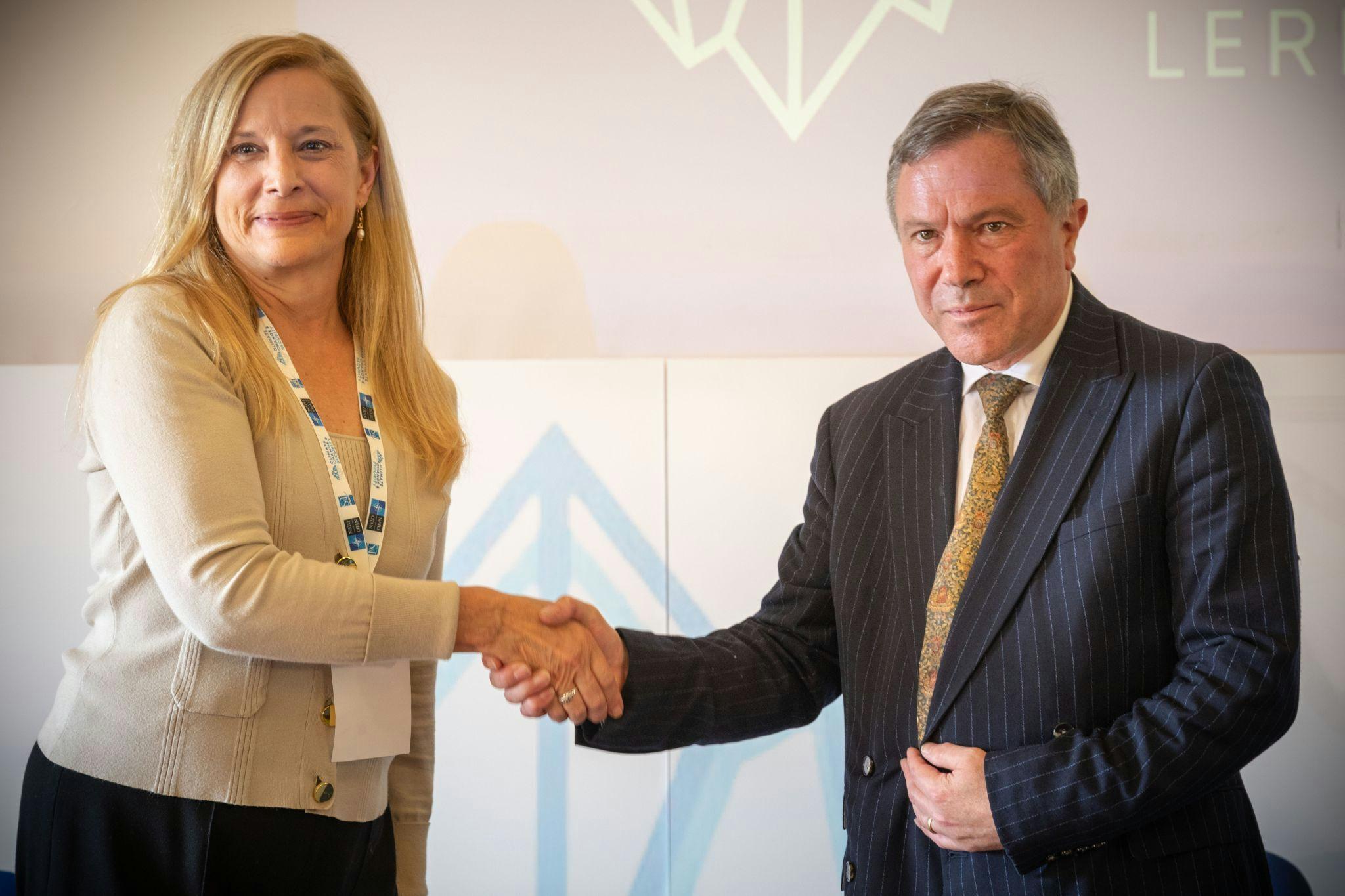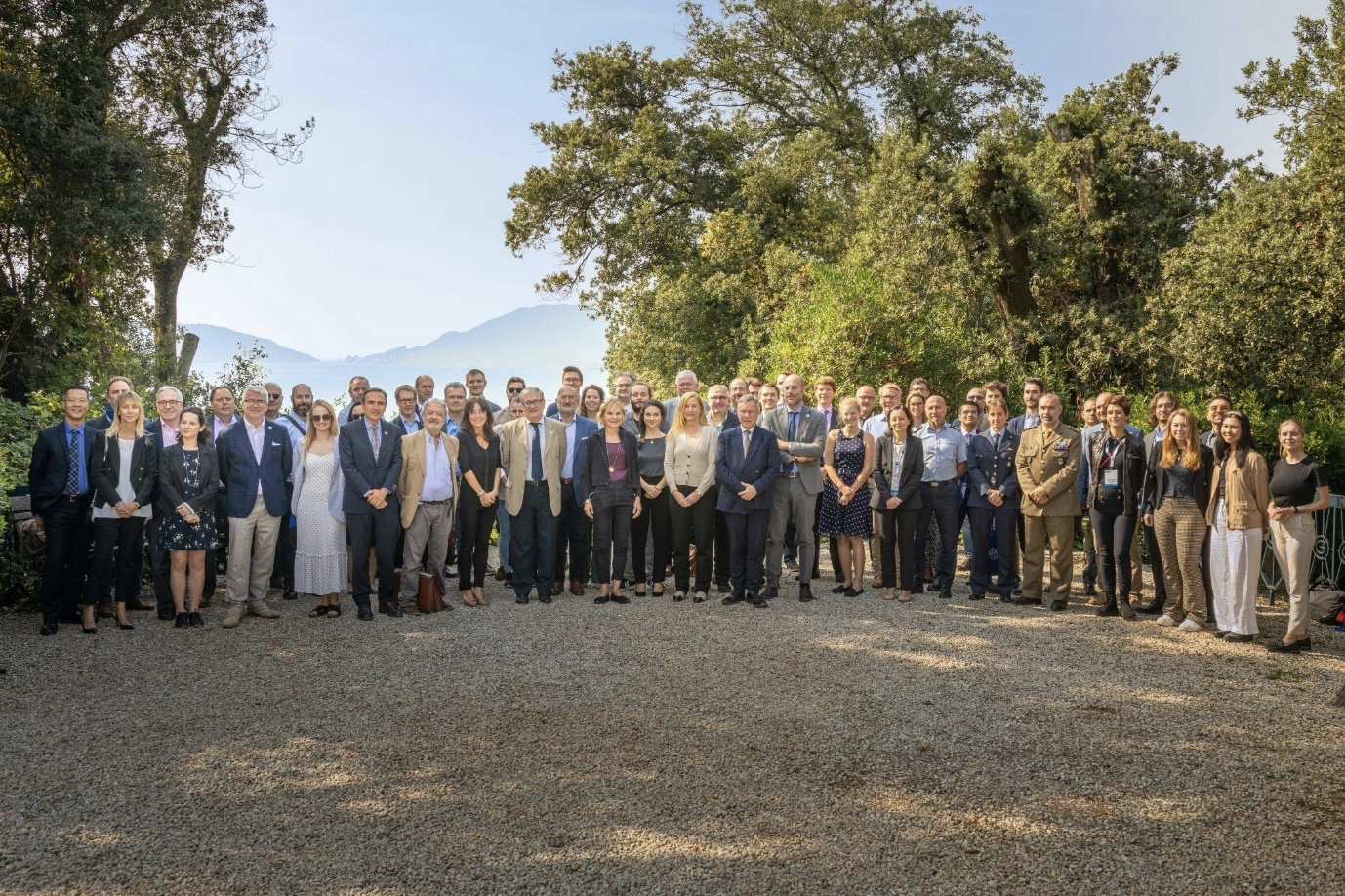
The NATO Science & Technology Organization (STO) Centre for Maritime Research and Experimentation (CMRE), with support from the STO Office of the Chief Scientist, held a workshop on climate change and security this month, bringing together a wide range of experts to discuss climate-related security challenges – and potential solutions – in the maritime domain.
The Climate Change and Security Workshop (CC&SW), held in Lerici, Italy on 03-05 October, focused on the implications of climate change for Alliance operations and planning, considering the changing ocean environment and threats to maritime infrastructure and naval operations and activities. Topics covered during the workshop encompassed the four pillars of the NATO Climate Change and Security Action Plan: awareness, adaptation, mitigation, and outreach.
The workshop featured several keynote speakers from scientific, political and military backgrounds, as part of an effort to promote interdisciplinary cooperation and discussions on the ways forward. More than 110 participants attended the event, representing NATO bodies, universities, think tanks, armed forces and the private sector.
“It is clear that climate change will change the way in which our armed forces operate,” said Dr Bryan Wells, NATO Chief Scientist, in closing remarks at the workshop. “In this sense, the efforts of the NATO Science & Technology Organization to bring together all the relevant communities will allow NATO and NATO Allies to better understand the scientific and operational implications of climate change as a threat multiplier.”

In addition to numerous briefings, the workshop included presentations from several early-career researchers from the STO-CMRE Visiting Researcher Programme. Participants also experienced a live demonstration of technology that allows for real-time climate change analysis through the cloud (i.e. accessing, retrieving, analysing, and visualising large climate model outputs within minutes, exploiting high-speed internet connectivity and the scalability of cloud resources).
In one of its upcoming projects, the STO-CMRE plans to continue collecting oceanographic data through the NATO Arctic Climate Observatory (NACO) to measure the impact of climate change in the High North. It will also continue to fund and support early-career researchers in order to expand NATO’s pool of talent and expertise on the science of climate change and security. Published by STO |
